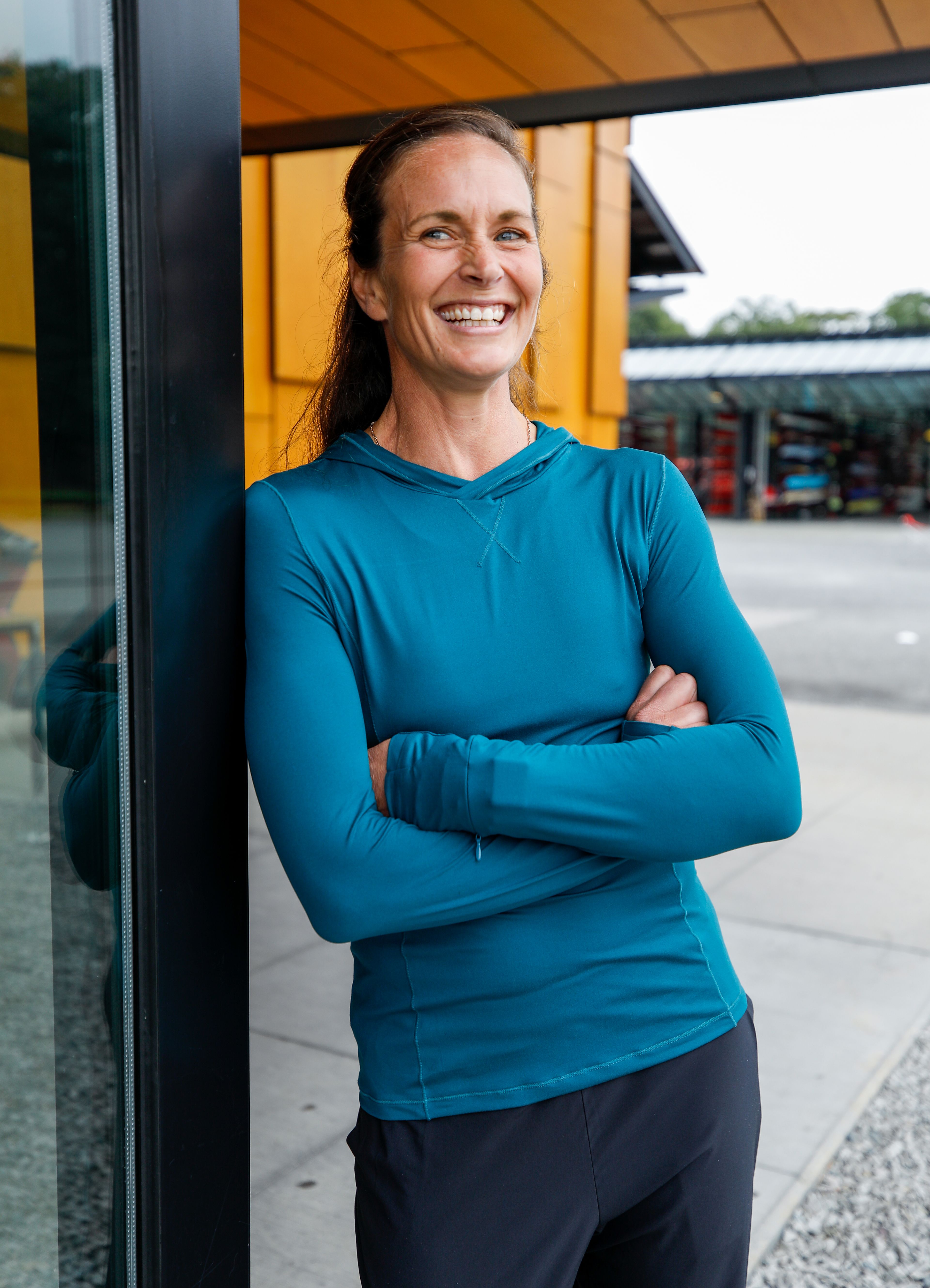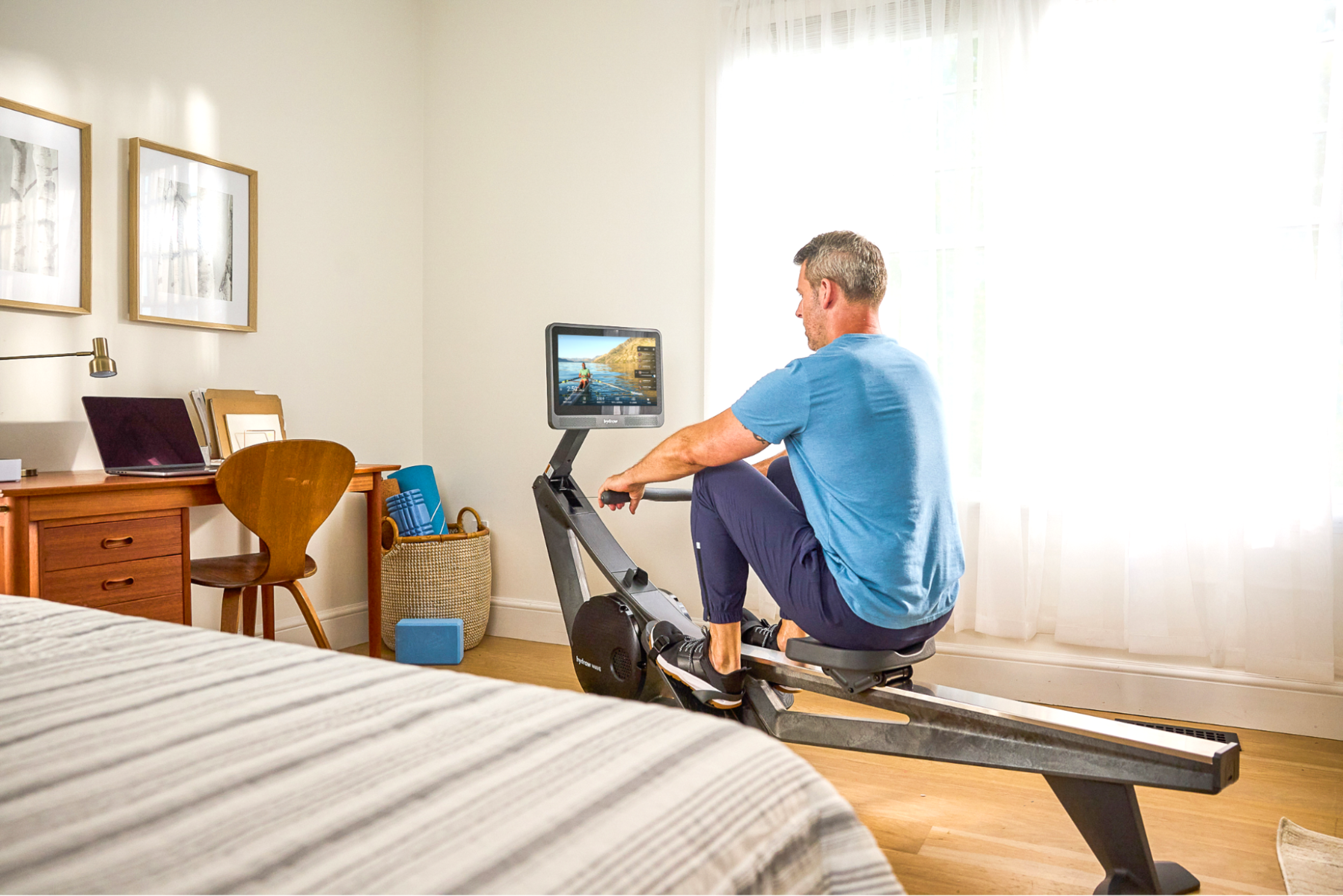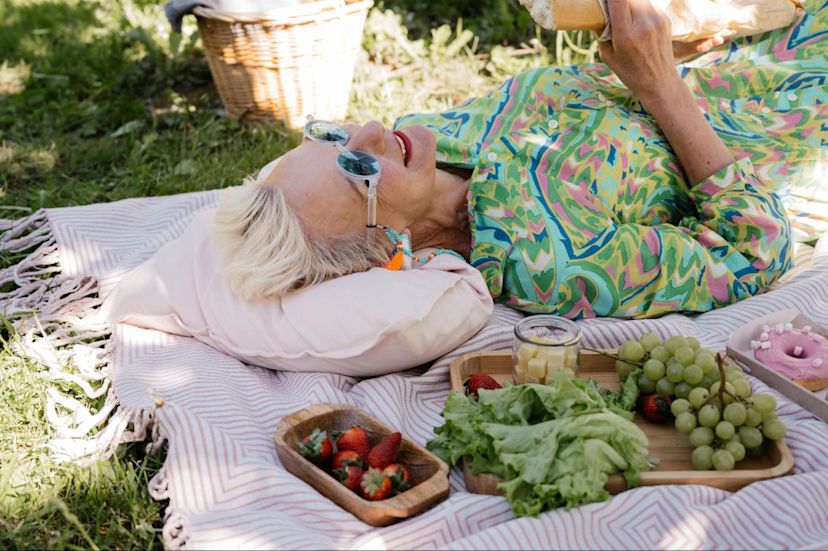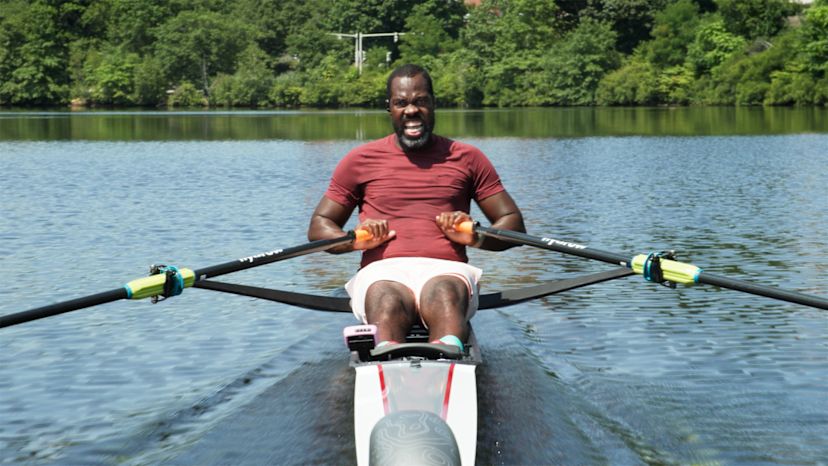12 Great Senior Exercises to Do at Home
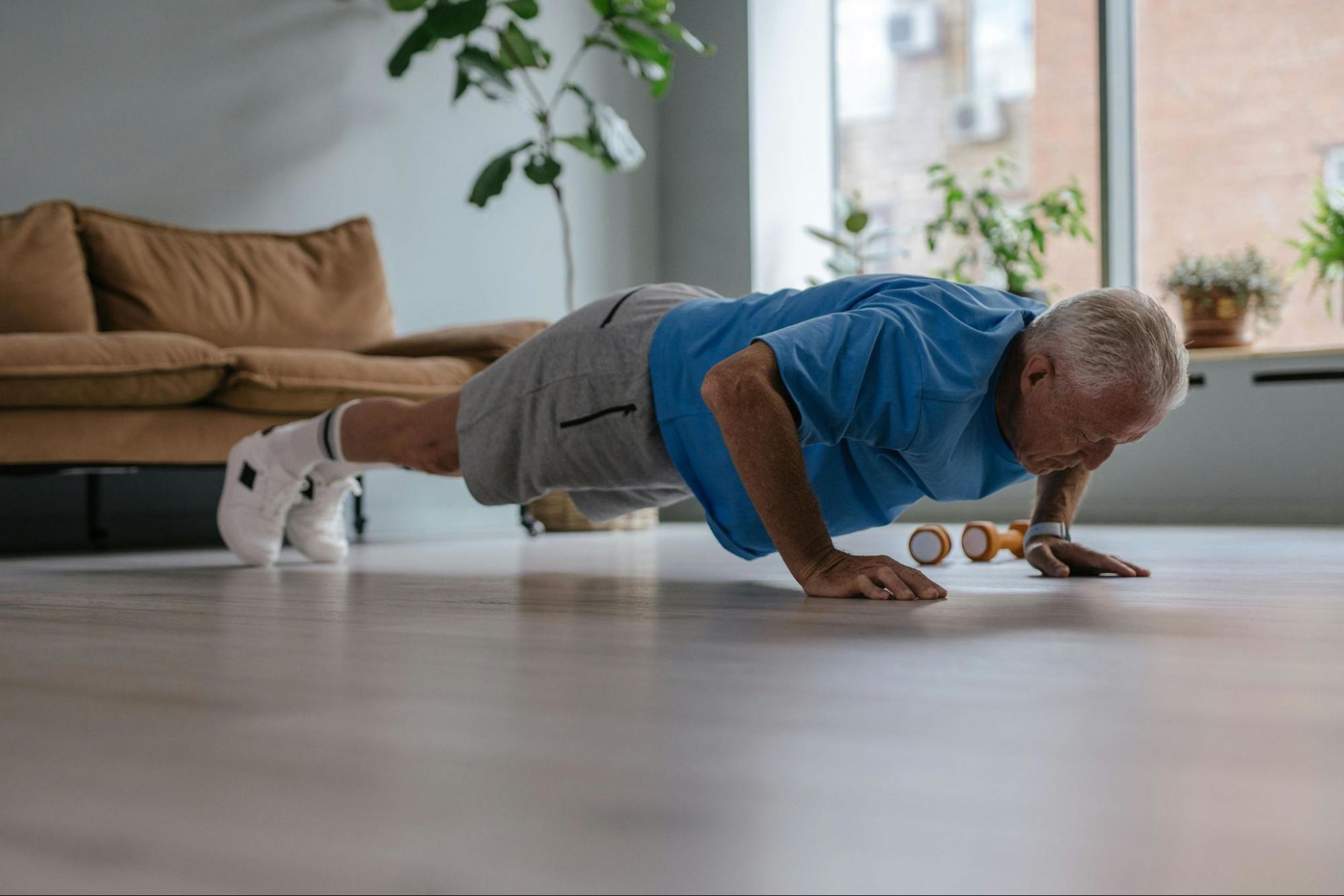
Working out is important throughout your adult life, but it gets more and more critical as you get older. According to the National Council on Aging, regular exercise after age 60 can help prevent bone loss, relieve joint pain, improve immunity, boost mood, and protect against a variety of chronic illnesses, including cardiovascular disease, diabetes, obesity, and even cognitive decline.
Regardless of how old you are, one of the easiest ways to ensure that you’re getting a workout in regularly is to exercise at home. Here, we’re providing some insight into exercising as a senior at home, including 12 exercise suggestions to get you started.
Let’s dive in!
The benefits of senior exercises
As we mentioned, there are countless benefits to maintaining a regular exercise regimen as you age. Some of the biggest ones include:
Preventing age-related bone loss
Relieving joint and muscle pain
Protecting against falls
Improving mood
Lowering risk of chronic disease
Preventing age-related bone loss
After age 50, bones begin to break down at a rate faster than new bone is being grown, drastically increasing your risk of developing osteopenia or osteoporosis. But exercise, especially weight-bearing exercises and strength training, can slow this process to improve bone health and reduce the risk of osteoporosis.
Relieving joint and muscle pain
According to the Centers for Disease Control and Prevention, 44% of people between ages 65 and 74 have arthritis, with that number jumping to 54% for folks over 75. Maintaining a regular exercise regimen helps build and maintain strength in the muscles that surround and support your joints, relieving the pressure that triggers arthritis, joint degeneration, and pain.
Related blog: Are Rowing Machines the Next Big Thing for Seniors?
Protecting against falls
An increasing risk of falls is a huge concern for people as they age. Decreasing bone density and muscle mass, coupled with joint weakness and limited flexibility, increase the risk of falls for seniors. But working out can help improve balance, core strength, and flexibility to protect against falls.
Improving mood
A higher likelihood of chronic illness, loneliness, and social isolation are a few of the reasons why older adults are at an increased risk of depression. Fortunately, exercise (including walking, yoga, and strength training) has been found to be an effective treatment for depression. In fact, regular exercise can boost your mood and improve your mental and emotional well-being.
Lowering risk of chronic disease
Exercise provides a protective effect against a range of age-related chronic illnesses, thanks to the way it supports a healthy cardiovascular system, circulatory system, and metabolism, in addition to stronger bones and muscles. Working out has even been found to slow cognitive decline in patients with Alzheimer’s disease.
How to prepare for senior exercises at home
When preparing to exercise at home, the biggest thing to consider is the space you will be using. It’s great if you have a home gym setup, but it’s not necessary. Just ensure your exercise area is free of trip hazards and large enough for you to move freely.
If you’re using a chair or an exercise machine, make sure it is sturdy and on a flat surface. If you’re using free weights, select weights that you are comfortable with and can lift safely.
When starting to do exercise at home, it’s also recommended to enlist some guidance from a trained professional to ensure you're feeling confident and doing exercises correctly. It’s important to make sure you are using proper form when completing different movements to minimize your risk of injury and maximize your results.
Finally, make sure you have the proper footwear for the exercise routine you choose. Especially if you’re doing exercise that has you on your feet, you want to make sure that you have supportive, comfortable footwear.
12 of best at-home senior exercises to try
Ready to get moving? Consider one or more of these suggestions for the best senior exercise at home:
Chair squats
Single leg stand
Bicep curls
Side-lying leg lifts
Rowing
Chair yoga
Farmer’s walk
Cycling
Shoulder raises
Knee lifts
Walking on a treadmill
Shifting weight
1. Chair squats
Chair squats are an exceptional strength training exercise that helps people achieve a larger range of motion with a minimal risk of falling.
To do: Stand about a foot in front of a chair, with your back to the chair. Squat until your butt touches the chair. You can sit down in between reps, or tap the chair and come back up. Try to control the downward motion of the exercise.
2. Single leg stand
Balance can be a big concern for seniors, so this simple move is a no-brainer.
To do: Stand tall, activate your core to maintain posture as you lift one foot off the ground, and balance on the other leg. There are many methods of modifying and progressing this exercise. You can start with something like a chair within reach to hold onto, then progress to not holding onto anything. You can raise your foot an inch from the floor and progress to increased heights from the floor and/or extend the length of time you balance from five seconds to 30 seconds.
3. Bicep curls
A classic exercise to build strength in the arms, bicep curls can be done with anything you have on hand, from dumbbells to soup cans to bottles of water.
To do: Stand tall with your arms straight alongside your body with your weighted object in your hand. Keeping your upper arm tucked close to your body, bend the arms from the elbow and raise your hands in an arc motion toward your shoulder. Then, slowly lower back to your starting position.
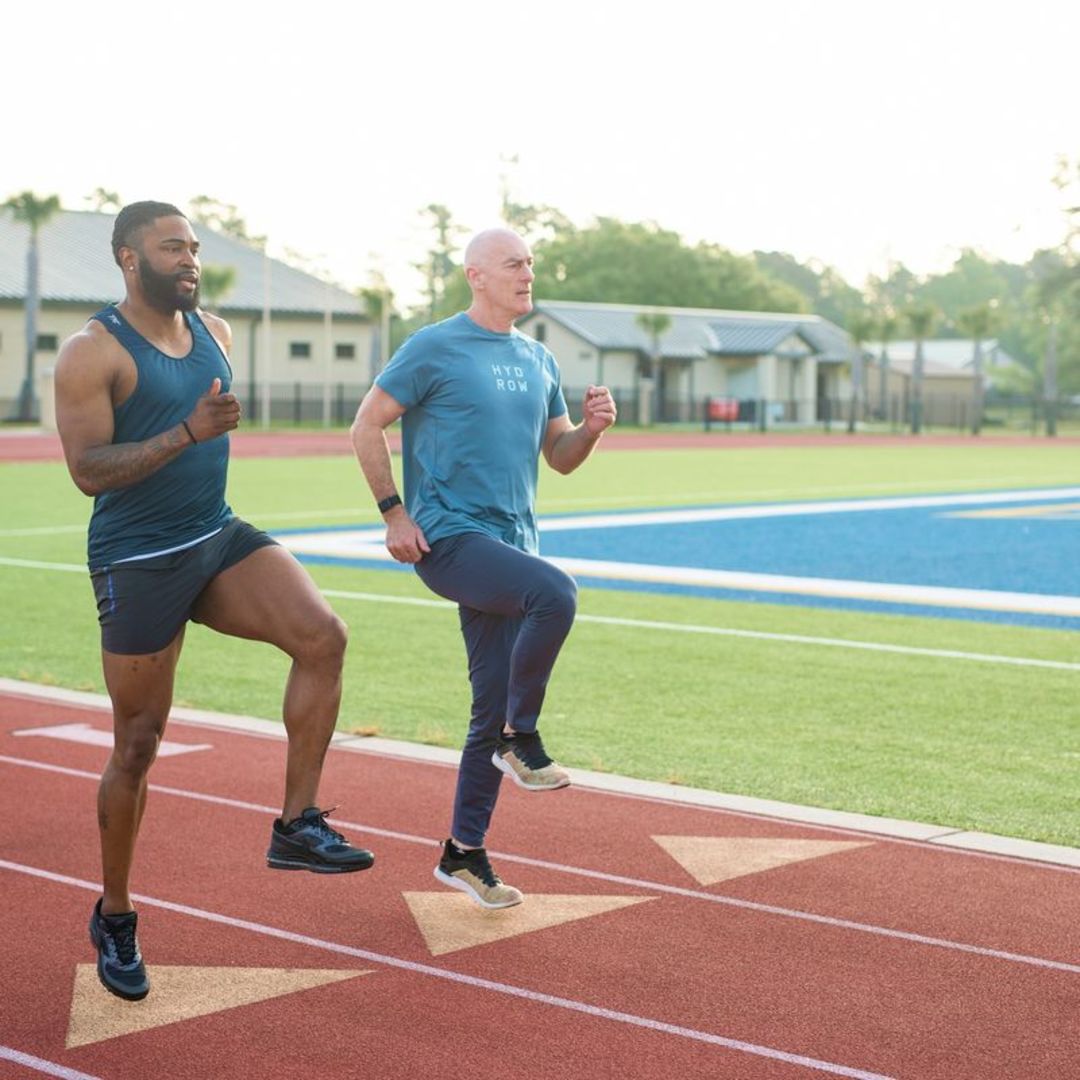
What’s your fitness style?
Take our quiz and receive a customized 14-day training program.
4. Side-lying leg lifts
This Pilates move is a low-impact exercise for improving mobility in the hips and strengthening the glutes, which will help with overall movement and balance.
To do: Lie on your side on a mat, creating a straight line from head to feet. Your shoulders and hips should be square with your knees, with your feet stacked on top of each other. Lift your top leg straight up toward the ceiling, then lower it back down. To add intensity, try placing a resistance band around your upper thighs, just above your knees. Do one side and then the other.
*Feel free to put a towel under your neck to avoid any unnecessary strain.
5. Rowing
Rowing on a rowing machine is an exceptional choice for seniors. It’s low-impact and easy on the joints, is easily adaptable to your fitness level, and has a minimal risk of injury or falls.

From Pain to Power
How I transformed my fitness routine in my 60s with a Hydrow rowing machine
6. Chair yoga
Chair yoga is an excellent way to get all the benefits of yoga in a safe, low-impact package. All you need is a sturdy chair and an online video.
Related blog: Is Yoga a Good Workout?
7. Farmer’s walk
If you’re looking to add some resistance training into your routine but are unsure about lifting weights or working with resistance bands, farmer’s walks are a great place to start. All you need to do is hold dumbbells (or soup cans) of your choosing at your sides and walk, keeping your shoulders down and back straight.
8. Cycling
This low-impact form of cardio, which you can do on any stationary bike, is a great way to burn calories and get the blood pumping.
Related blog: Your Guide to the Best Exercise Equipment for Seniors
9. Shoulder raises
Shoulder raises are a great exercise to accompany bicep curls. You can use light weights to strengthen your shoulders and maintain good mobility in your shoulder joints.
To do: Stand tall with arms straight and hold weights at your thighs. Keeping your arms straight, lift up to shoulder height to the front and/or to the sides.
10. Knee lifts
Seated knee lifts offer a strategy for working the quads and lower abs that is gentle on the lower back.
To do: Sit on the edge of a chair with your hands gripping the sides. Keeping your back tall and not rounding it, lift one knee up toward your chest, then lower it back down and switch to the other side.
11. Walking on a treadmill
Walking is one of the best exercises anyone can do, but it’s especially beneficial for seniors. It’s weight-bearing to protect against bone loss and is an easy form of cardio. Treadmills are a great way to get in some steps at home while staying safe with a predictable surface area and controllable speed.
12. Shifting weight
This is another move that is great for improving your balance as you can practice shifting your weight whenever you’re standing up.
To do: Standing with your feet hip-width apart, shift your weight to one foot, lifting the other off the ground for a moment, then shift back to center and go to the other side. Try to maintain upper-body posture over the stabilizing leg (or the leg you are shifting the weight to).
Related blog: The Active Aging Revolution: Why Staying Physically, Socially, and Mentally Active is Key to a Longer, Healthier Life
Exercise (and thrive!) with Hydrow
Exercise comes with so many benefits throughout your life, but especially in your golden years. Maintaining a regular workout regimen will keep you healthier, stronger, and happier, contributing to a better quality of life. As long as you’re preparing adequately to minimize injury risk, it’s one of the best decisions you can make.
If you’re looking for a place to start, consider Hydrow. Our rowing machines are the perfect addition to any home gym, giving you an easily accessible and highly effective workout from the comfort of your home.
With Hydrow, you can get a total-body workout in just 20 minutes a day and enjoy an extensive library of workout content led by our team of world-class Athletes and filmed in beautiful locations around the world. With plenty of rowing classes to choose from, along with other senior-friendly workouts like yoga and Pilates, you’ll be able to continue to exercise—and enjoy it—as you age.
Learn more about the benefits of a Hydrow rowing machine today!
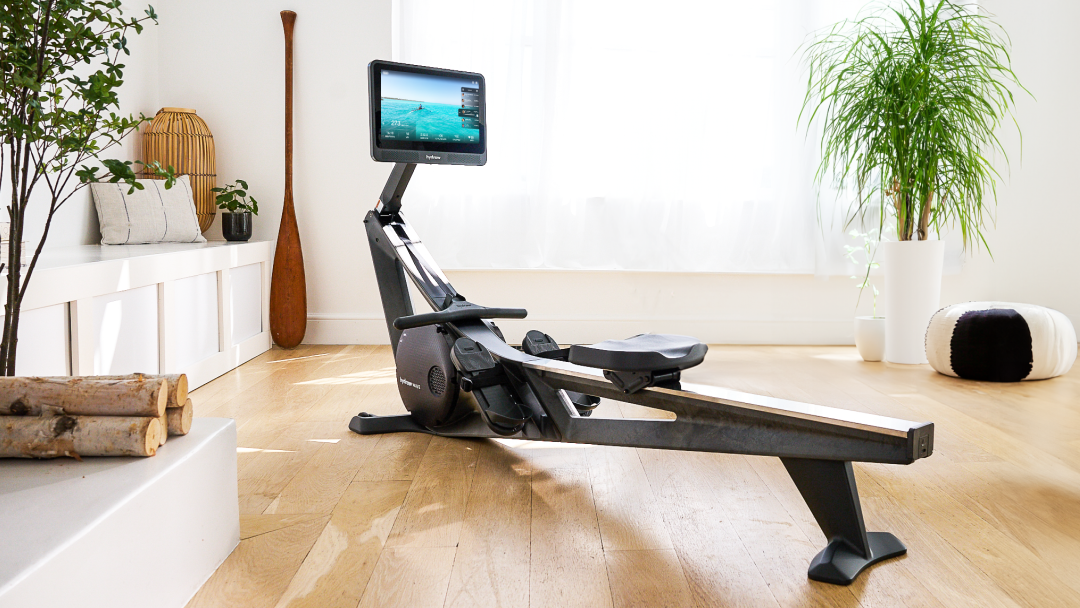
Explore Hydrow
Learn more about how you can transform your fitness routine with a rowing machine.
